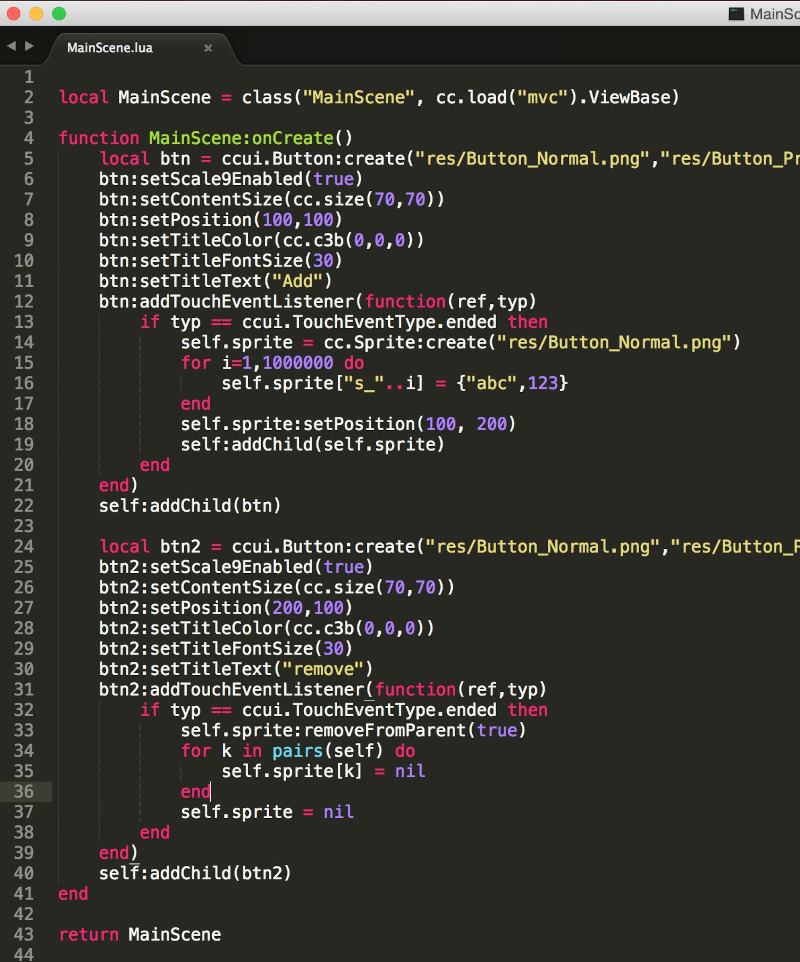Lua
Lua is a lightweight, high-level, scripting language that is designed for embedded systems, video games, and other applications that require a small and efficient language. It was first released in 1993 and has since become popular for its simplicity, speed, and ease of integration with other languages. Lua is designed to be easy to learn and use, with a simple syntax that is similar to other scripting languages like JavaScript and Python. It supports a wide range of programming paradigms, including procedural, functional, and object-oriented programming.

One of the key strengths of Lua is its speed and efficiency. It is implemented as a small, fast interpreter that can run on a wide range of platforms, from embedded devices to servers. Lua also has a small memory footprint, which makes it well-suited for applications with limited resources. Lua also has strong support for embedding in other applications, which makes it a popular choice for video games and other software that requires scripting. It can be integrated with other languages like C and C++, which allows developers to write performance-critical code in those languages and use Lua for scripting and game logic. Another strength of Lua is its flexibility. It has a simple syntax that is easy to learn, but also supports advanced features like coroutines, which allow for non-preemptive multitasking and can be used for cooperative threading and other advanced programming techniques. Overall, Lua is a versatile and powerful scripting language that is well-suited for a wide range of applications, from video games to embedded systems and beyond. Its simplicity, speed, and flexibility make it a popular choice for developers who need a small and efficient language that can be easily integrated with other technologies.